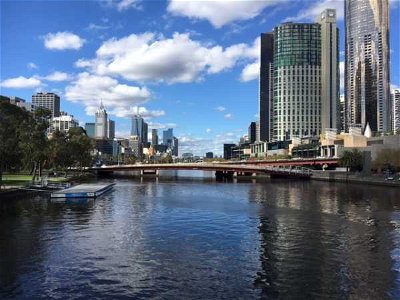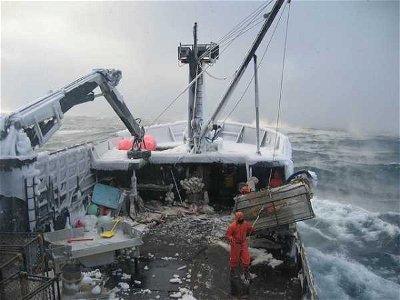 You don't need to be an expert on Australian geography to play my quiz. The pictures should give lots of hints.
You don't need to be an expert on Australian geography to play my quiz. The pictures should give lots of hints. Easier, 10 Qns, ozzz2002,
Sep 04 17
 You don't need to be an expert on Australian geography to play my quiz. The pictures should give lots of hints.
You don't need to be an expert on Australian geography to play my quiz. The pictures should give lots of hints. |
|
 In this Adventure in Authoring quiz I was required to write a quiz on "Truth". Now Australians like me love to spin a yarn. We don't let the facts get in the way of a good story. So how many of the following Australian place name stories are true?
In this Adventure in Authoring quiz I was required to write a quiz on "Truth". Now Australians like me love to spin a yarn. We don't let the facts get in the way of a good story. So how many of the following Australian place name stories are true?  Alaska is a huge land, plenty of room for diverse place names from many cultures.
Alaska is a huge land, plenty of room for diverse place names from many cultures. |
|
 Quick Question
Quick Question|
|
 = Top 5% Rated Quiz,
= Top 5% Rated Quiz,
 Top 10% Rated Quiz,
Top 10% Rated Quiz,
 Top 20% Rated Quiz,
Top 20% Rated Quiz,
 A Well Rated Quiz
A Well Rated Quiz
· All questions, answers, and quiz content on this website is copyright FunTrivia, Inc and may not be reproduced without permission. Any images from TV shows and movies are copyright their studios, and are being used under "fair use" for commentary and education.